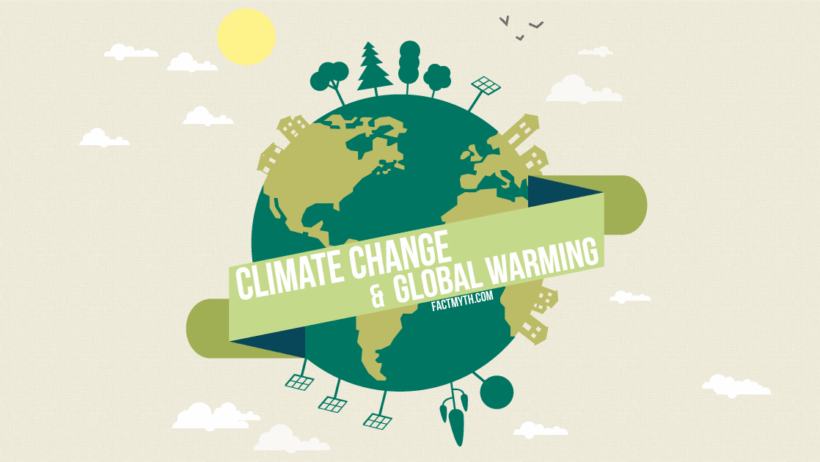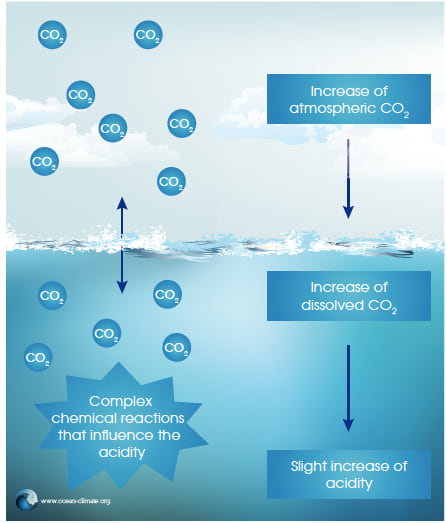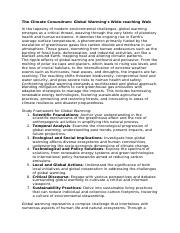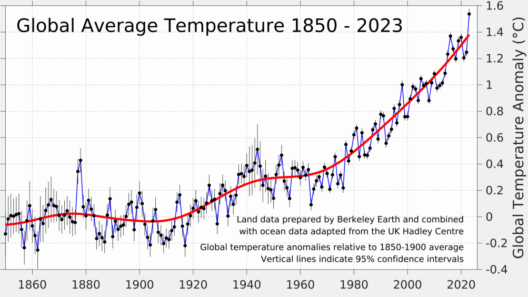As global temperatures continue to rise, it becomes increasingly crucial to understand the pervasive implications of global warming on our health. The intricate linkage between climate change and human well-being manifests itself through a myriad of channels, each impacting various facets of public health. This article endeavors to elucidate how global warming correlates with health outcomes, the mechanisms behind these correlations, and the preventative measures that individuals and communities can adopt to mitigate these risks.
Firstly, it is imperative to recognize the direct effects of temperature increases. Heat-related illnesses, such as heat exhaustion and heat stroke, become more prevalent as temperatures soar. Vulnerable demographics—elderly individuals, young children, and those with pre-existing health conditions—face heightened risks. Prolonged exposure to extreme heat can result in dehydration and exacerbate cardiovascular and respiratory diseases. This increasing incidence of heat-related illnesses exemplifies the urgency of addressing climate change as a public health crisis.
Moreover, the phenomenon of altered air quality must be considered. Global warming influences air pollution levels, particularly the proliferation of ground-level ozone. This environmental hazard can aggravate chronic conditions such as asthma and chronic obstructive pulmonary disease (COPD). According to various studies, the expected increase in average temperatures will likely lead to a rise in allergy seasons and respiratory ailments, underscoring the interconnected nature of climate and health. Pollutants released during wildfires are also a growing concern, engendering diverse respiratory complications. As wildfires become more frequent due to prolonged droughts and higher temperatures, the resultant smoke contributes significantly to air quality degradation.
The amplification of vector-borne diseases constitutes another serious risk associated with climate change. As temperatures increase, the geographic range of vectors such as mosquitoes and ticks expands. Consequently, diseases that were previously confined to certain regions are now infiltrating new territories. For instance, ailments such as Lyme disease, West Nile virus, and Zika virus are proliferating as warming temperatures create habitable environments for these vectors. The implications of such a shift are profound; as more locales become conducive to disease transmission, public health systems may struggle to keep pace with the burgeoning incidence of these illnesses.
Another facet of the climate-health nexus involves water quality and availability. Elevated temperatures can adversely affect freshwater ecosystems, diminishing water quality and availability. Diminished precipitation, exacerbated by shifting climate patterns, can lead to droughts, which, in turn, affect agricultural productivity and food security. Contaminated water supplies may harbor harmful pathogens, leading to outbreaks of waterborne diseases such as cholera and giardiasis. The impacts of drought and water scarcity extend beyond immediate health concerns, influencing food systems and overall community resilience. Such cascading effects amplify the importance of proactive environmental stewardship to safeguard both health and food systems.
It’s also crucial to address the mental health ramifications of climate change. The psychological burden of living in a rapidly changing environment with increasing natural disasters can lead to a range of stress-related disorders. Anxiety, depression, and even post-traumatic stress disorder (PTSD) have been documented among individuals affected by climate-related catastrophes such as hurricanes, floods, and wildfires. The sense of helplessness and uncertainty stemming from climate change can exacerbate mental health issues, creating a dual crisis that demands attention.
In light of these multifaceted challenges, the importance of community resilience cannot be overstated. Educational programs aimed at raising awareness about climate change and its health implications can empower individuals to take action. Community gardens, urban green spaces, and sustainable practices contribute not only to better environmental outcomes but also to improved physical and mental health for community members. Strengthening our communal ties and fostering collective action enhances adaptability, bolstering our ability to address both climate change and health crises.
Adaptation strategies are essential in mitigating the health impacts of global warming. Community health initiatives must prioritize heat health, implementing warning systems and cooling centers to protect vulnerable populations during extreme heat events. Urban planning that incorporates green spaces can ameliorate heat, improve air quality, and promote physical activity, thereby enhancing health outcomes. Additionally, integrating climate considerations into public health policy ensures a holistic approach to addressing the intertwined challenges of health and climate change.
Moreover, advocacy for comprehensive climate policies at the local, national, and global levels is vital. Urging policymakers to engage in ambitious targets for greenhouse gas emissions reduction is pivotal for paving the way toward a sustainable future. Transitioning to renewable energy sources, promoting energy efficiency, and protecting natural ecosystems are essential components of climate action that will ultimately protect public health.
In conclusion, the nexus between global warming and health cannot be dismissed. As health professionals, activists, and citizens, we must remain vigilant and proactive in addressing the far-reaching impacts of climate change on our well-being. Understanding and recognizing these connections empowers individuals and communities to advocate for a healthier, more sustainable future. Each action, no matter how small, can contribute to a collective movement toward environmental accountability and human health preservation. Our well-being is indeed on the line, and it is our responsibility to safeguard it for generations to come.







